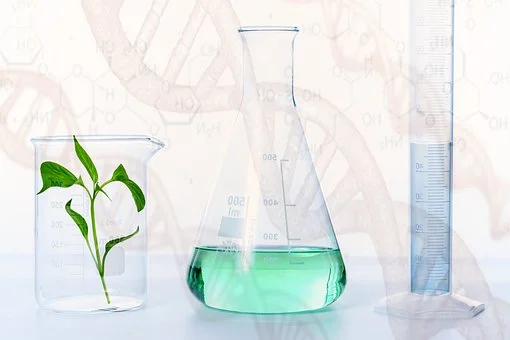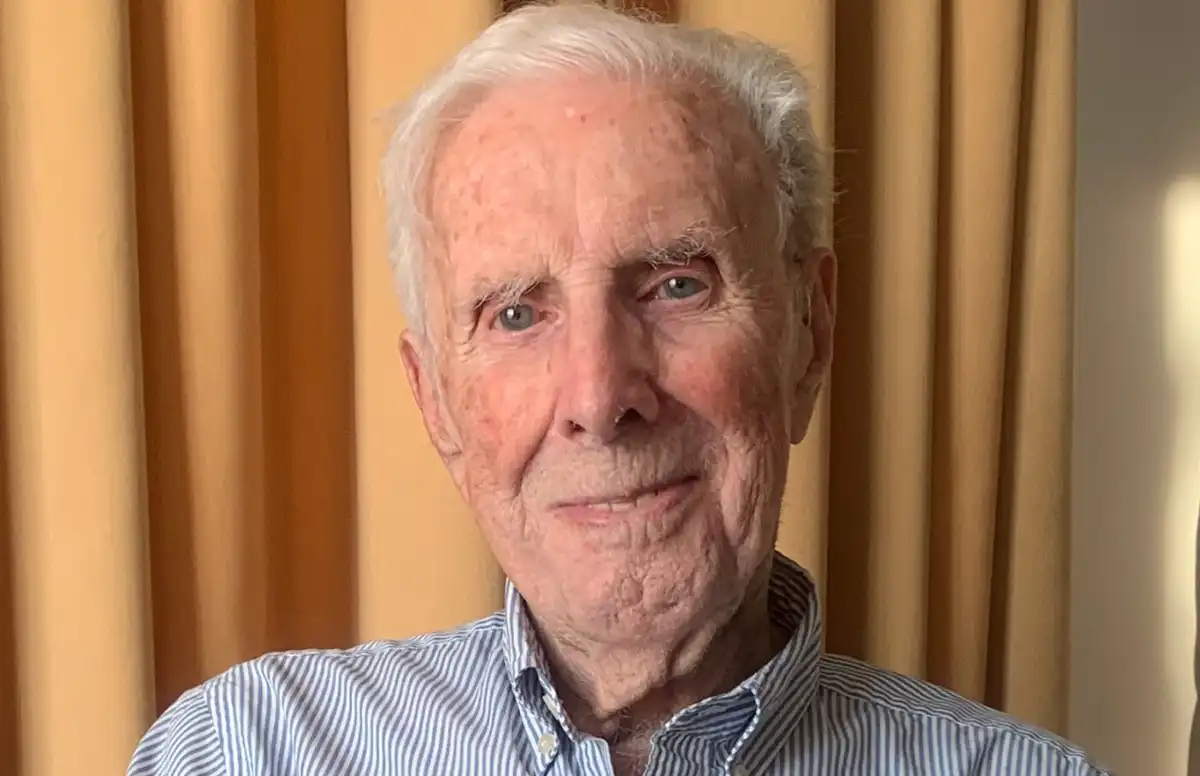Despite acknowledging their potential, proponents say the Catholic Church can do more to speed acceptance of GM products.
Retired University of Oklahoma agricultural law professor Drew Kershen is a staunch advocate for and supporter of biotechnology and GMOs, specifically the provitamin A-enriched Golden Rice. He’s also Roman Catholic, and believes his faith and his support for biotech go hand-in-hand.
“My work in agricultural biotechnology is significantly motivated by the belief that this technology offers significant benefits in ways that are consistent with Catholic social teaching, and with my obligations as a human being,” he says. “There are a number of obligations I have as a matter of my faith, and those include feeding and clothing the poor, and I see agriculture as very much interrelated with that. Agricultural biotechnology has great potential there and has already proven itself.”
Kershen’s belief that biotech and his religious faith are connected is one reason he’s encouraged by the recent encyclical letter released by Pope Francis, titled “On Care for Our Common Home,” in which the pope discusses his views on the environment, calling on the people of the world to “come together” to tackle the challenges posed by climate change and what Francis terms the “continued acceleration of changes affecting humanity and the planet.”
The letter, which has drawn reactions from around the globe for its acknowledgment of climate change, includes a brief section on biotechnology and GMOs. Although Pope Francis stops short of promoting biotechnology, he does acknowledge that biotech “has brought about economic growth which has helped to resolve problems,” a comment that Kershen and others involved in biotech see as encouraging.
“It would be incorrect to say the encyclical endorses biotechnology, or is even enthusiastic about it — but it is open to it,” Kershen says. “With biotechnology, farmers can produce more with less, and I think that’s what the earth deserves.”
Greater Acceptance
In the letter, Pope Francis says biotechnology is an example of human ingenuity, and compares scientists to artists using their God-given abilities to improve the world.
It’s comments like that which, coming from the leader of the world’s 1.2 billion Catholics, are encouraging to those such as Adrian Dubock, executive secretary of the Golden Rice Humanitarian Board, which is responsible for the Golden Rice project.
Golden Rice is a GM product enriched with beta-carotene, designed to alleviate vitamin-A deficiency in the developing world. Despite its massive potential for doing so, public misconceptions about and political controversy over GMOs have prevented the rice from being available to the countries most affected by vitamin-A deficiency.
Vitamin-A deficiency causes blindness in 250,000 to 500,000 children every year, half of whom die within a year of losing their eyesight, according to the World Health Organization. Even more importantly, Vitamin-A deficiency suppresses the immune systems of children and mothers so that they succumb to common diseases. About 6,000 children die each day from a lack of Vitamin A — many of them in countries where rice is a staple food.
In November of 2013, following a meeting of the Pontifical Academy of Sciences, Golden Rice co-creator Ingo Potrykus had a brief meeting with Pope Francis, during which Francis gave his personal blessing to a small bag of Golden Rice and the Golden Rice project.
Latin America is home to 40 percent of the world’s Catholics, and in recent years Africa has seen the biggest growth in Catholic congregations.
“I think all the religious leaders can play their part in transforming world opinion on GMO crops,” Dubock says. “The pope’s encyclical is to be welcomed as much as anything.”
Dubock notes that Pope Francis isn’t the first leader of the Catholic Church to open the door to discussion of biotechnology, specifically Golden Rice. In 2004, Potrykus met with Pope John Paul II, which lead to his membership of the Pontifical Academy of Sciences and subsequently meetings of the Vatican’s Pontifical Academy of Sciences and Pontifical Academy of Social Sciences concerning biotechnology and GMOs. These academies are key policy advisers to the Vatican.
“Both of those meetings started with the church mostly negative about GMO crops, but ended with the two academies supporting GMO crops as being pro-poor,” Dubock says.












